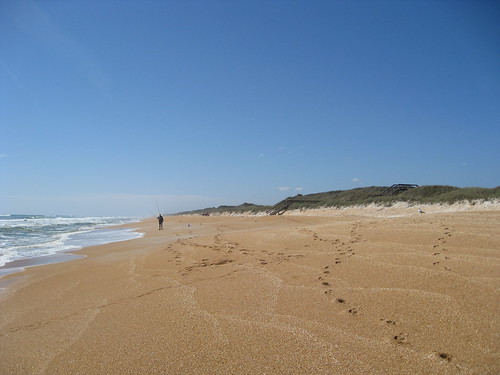I am startlingly tardy in posting about Inside Higher Ed’s article “Voltaire Wasn’t Cut Out to Be an Iowa State TA” and the videos that are the subject of this– linked on Facebook here and here. Frankly, for all the excitement over things like the Graff and Birkenstein exchange on WPA-L, I’m kind of surprised that no one in the Comp/Rhet blogosphere has commented on this.
I guess someone has to start.
On the one hand, I appreciate the experiences being noted/recorded in these two videos. I’ve been there, of course. And I don’t blame these grad assistants for making these two videos and I don’t dismiss the reaction they have to the writing program at Iowa State (if I was running that program, I’d see this video as a bit of a “warning sign,” frankly). But I do have more of an “other hand” here.
First, this is probably more of the kind of video that should have been shown at some kind of GA gathering more or less privately, giggled at, and then put away. Probably not a video to post on YouTube or, um, Facebook. Second, and I don’t mean to sound all old and WPA-ish on people, but it’s never a good idea for GA’s to make fun of students publicly, even it is in modest ways and clearly in fun (as is the case with this video). Third, the administrative folks clearly over-reacted in trying to repress this. That just goes to show you what happens when administrators freak out.
And fourth (no offense to those folks at ISU) this video is probably twice as long as it should be. A little sensible editing would have helped, honestly.

 Just to recap a bit: Thursday turned out to be the last day of the Jacksonville conference for me, and things were both less and more mysterious. I went to an excellent session in podcasting and student video projects in history and humanities courses presented by
Just to recap a bit: Thursday turned out to be the last day of the Jacksonville conference for me, and things were both less and more mysterious. I went to an excellent session in podcasting and student video projects in history and humanities courses presented by 
